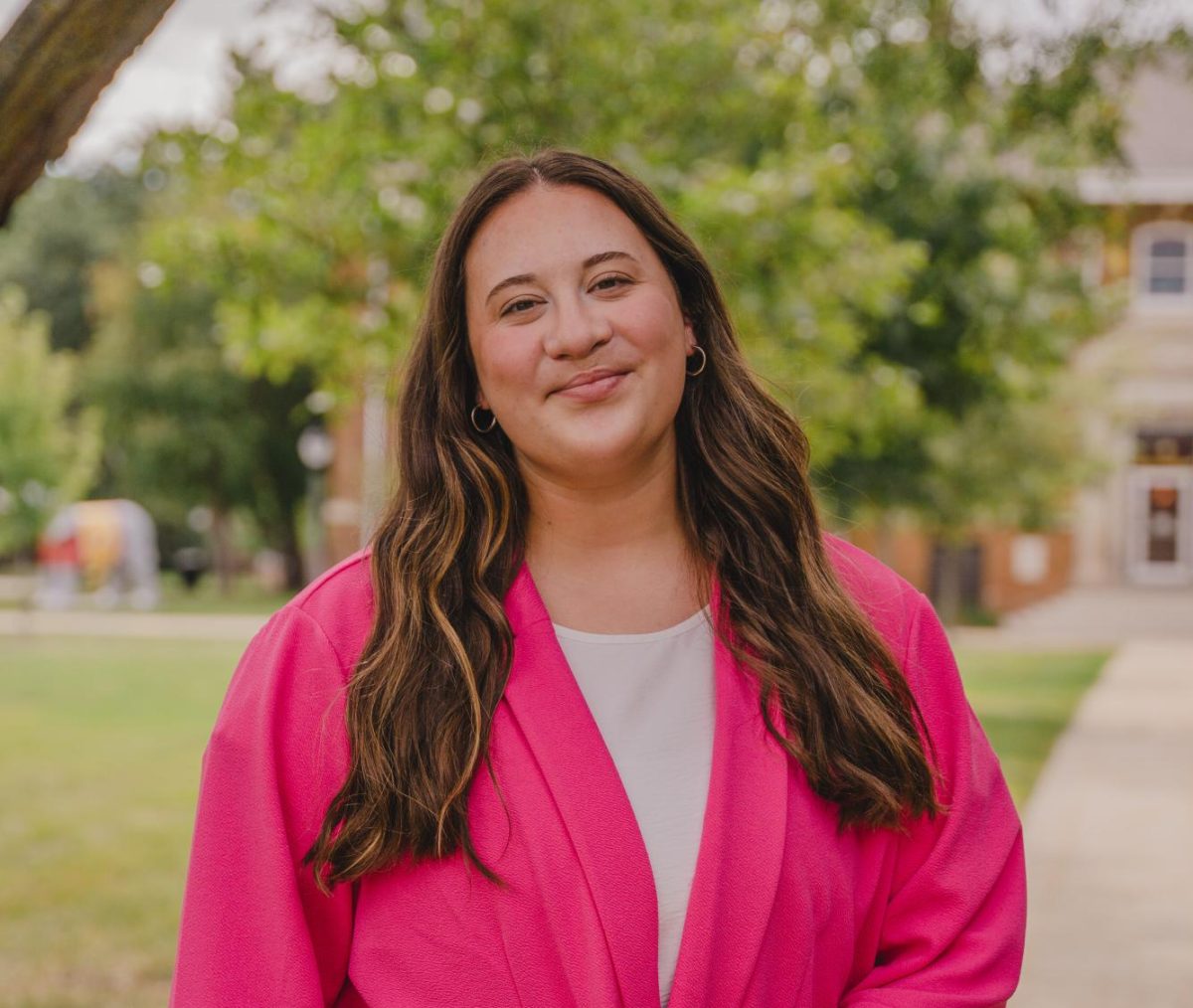Simpson students emulate ‘Teacher of the Year’
November 12, 2008
Night classes might not seem exciting to most Simpson students, but for the students in Tuesday night’s Health Methods and Curriculum, night class might be the highlight of the week.
The class is taught by Korri Clarkwilt, adjunct professor of health.
“We do tons of activities, and we’re never just sitting and getting lectured to,” junior Calvin Barber said. “She has a great sense of humor, which makes the class enjoyable, and there’s never a dull moment.”
The class only has three students, including Barber and junior Ryan Dahlstrom. Student Corrie Gwinn already teaches professionally and is taking the class to get her endorsement as well.
“The class is fun,” Dahlstrom said. “Korri is really passionate about teaching, and you can really tell that she enjoys it. She does a good job making us feel comfortable.”
Clarkwilt is originally from California and graduated from California State University, Sacramento with a Bachelor of Science in health in 1990. In California, she taught at both an upper class private school and at an inner city school before moving to Iowa with her husband.
She got her endorsement at Grandview College and has been teaching health and PE at Norwalk high school since 1993. In 2003, Clarkwilt was nominated Teacher of the Year, but she wanted to keep learning.
Clarkwilt recently went back to school to get her master’s degree and was hired as an adjunct professor. She is now in her second year at Simpson.
“Simpson College is a small college, and it’s very personable,” Clarkwilt said. “You get used to seeing people and knowing who they are, and people here really care about each other.”
Clarkwilt’s class covers most health topics, including subjects like mental disorders, emphysema and lung disease, STI’s, death and alcohol abuse.
“This is primarily an activities based class,” Clarkwilt said. “We do lots of activities based on the themes we’re covering in the book.”
During the class’s alcohol abuse unit, Clarkwilt brought impaired-vision goggles and set up stations in the gym to show students how different levels of intoxication can affect their abilities.
The students also get practice in writing lesson plans. Every time the class meets, each student presents a 20 minute lesson based on a chosen topic. The presentation must be relevant to the unit, but students are able to choose what they want to present based on what interests them.
“We get a lot of teaching experiences in this class, and Korri makes it realistic,” Barber said. “This is really helpful, and it will only make us better off when we’re out teaching in real life situations.”
Clarkwilt requires students to observe her class in Norwalk sometime during the semester.
“We are supposed to go to Norwalk to observe her class,” Dahlstrom said. “I’m excited to go, because I’d like to see if there’s a difference between how she teaches us at Simpson and how she teaches the students there.”
Clarkwilt has six children of her own and credits her children with making her a better teacher. Clarkwilt’s oldest daughter has autism, and when she was younger, would sit in her mother’s classes and then go home and ask about why she said or did certain things.
“Her perspective really made me a better teacher, because she made me look through her eyes and made me deal with lots of different learning styles in my classroom,” Clarkwilt said. “Because she was in my class, I knew that teaching styles have to be for all students of all learning abilities. She really helped me to become the teacher I am today.”
Students already see a difference in Clarkwilt’s teaching that they wish to emulate in their own classrooms.
“Korri has a personal bond with students,” Barber said. “She loves to see everyone achieve and become the best they can. I just hope I’m half the teacher she is.”
Feedback like this from former students really means a lot to Clarkwilt.
“It’s nice to have someone come back and say, ‘Hey, I listened to what you said and did or didn’t do it, and this is what happened.'” Clarkwilt said.




